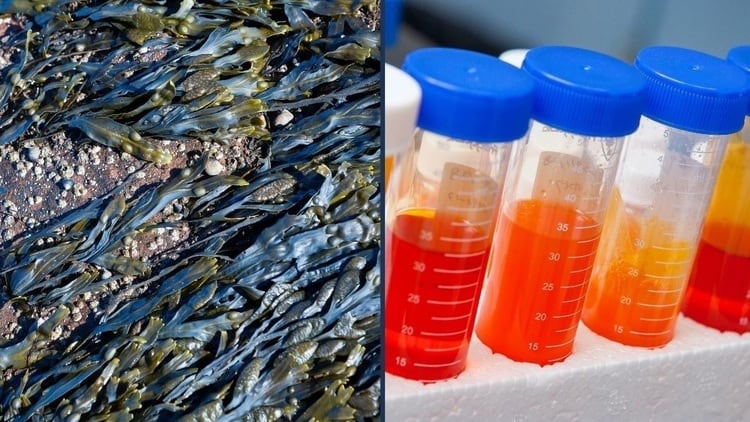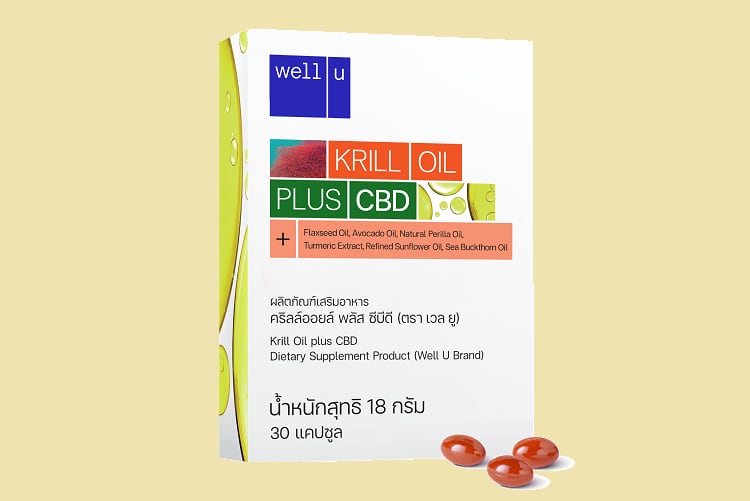Recently, the firm invested CAD$10m (USD$7.7m) in Canada’s sustainable, plant-based nutritional and nutraceutical ingredients firm Mara Renewables Corporation (Mara).

Thai Union’s ingredient business MD, Leonardus Coolen, said the investment complements its omega-3 production using tuna oil.
“Tuna oil is only one example of an omega-3 oil. The fish that contain the oil eat algae. That’s why we should harvest the algae and get omega-3.
“Furthermore, there is demand for plant-based omega-3 oils from consumers who are vegan and vegetarian. However, fish oil is still the predominant oil used as tuna is the easiest ingredient to access,” he said.
Mara, based in Nova Scotia, Canada and established in 2012, is one of the world’s leading producers of sustainably grown algae-based bio-products. Its ingredients are approved by multiple regulatory bodies and used by leading infant nutrition, supplement and F&B customers worldwide.
Thai Union, which has been in the market for 45 years, is generally regarded as one of the world’s leading seafood producers. It is also among the largest producers of shelf-stable tuna products, with annual sales exceeding THB141bn (USD$4.5bn).
Its brands include Chicken of the Sea, John West, Petit Navire, Parmentier, Mareblu, King Oscar, and Rügen Fisch, and ingredient and supplement brands UniQ®BONE, UniQ®DHA and ZEAvita.
Omega-3 market demand
Quoting statistics from the Global Organization for EPA and DHA Omega-3s (GOED), Coolen said omega-3 oils, on the whole, have demonstrated a cumulative global growth of around 8% to 10%. The market is currently valued at USD$5.6bn with an estimated CAGR of 8.6% until 2028.
In 2018, the Thai Union started its ingredients business to transform its co-products from fish processing into natural ingredients for human nutrition. It creates tuna oil by processing raw tuna heads through a low-temperature extraction method that could preserve the oil’s natural functionality.
Since then, it has been pumping money to refine various omega-3 oils globally.
For instance, it started operations at its Omega-3 Centre of Excellence (O3C), a modern facility designed to explore more efficient methods for refining different omega-3 oils, in May 2022. The centre is located at the company’s crude fish oil facility in Samut Sakhon, near the capital Bangkok. The firm also has an omega-3 oil refinery in Rostock, Germany.
Through the partnership, Mara is exploring opportunities to refine crude algal oil in Rostock. Thai Union has also been working on trials with Mara at the O3C.
CEO of Mara Arturo Ania said: “Our two companies share maritime roots, a passion for science-based nutrition and a vision for a more sustainable food system. Thai Union’s established world-leading position in human and pet care segments, collaborative culture, and strong leadership fit well with Mara’s ambitions of making a positive impact through our people, products and purpose”.
Potential growth and revenue
According to Coolen, the Mara investment is expected to generate a “low double-digit growth”, alongside targets of growing its existing business and product portfolio.
Subsequently, Thai Union is looking to capitalise on the protein-rich base and oils garnered from its fish products. For instance, it is looking to use the omega-3 oils in cosmeceuticals, extract collagen from tuna skins and utilise hydrolysed protein to manufacture pet food. For cosmetics using fish-based collagen peptides, it aims for the “very sizeable” APAC market.




